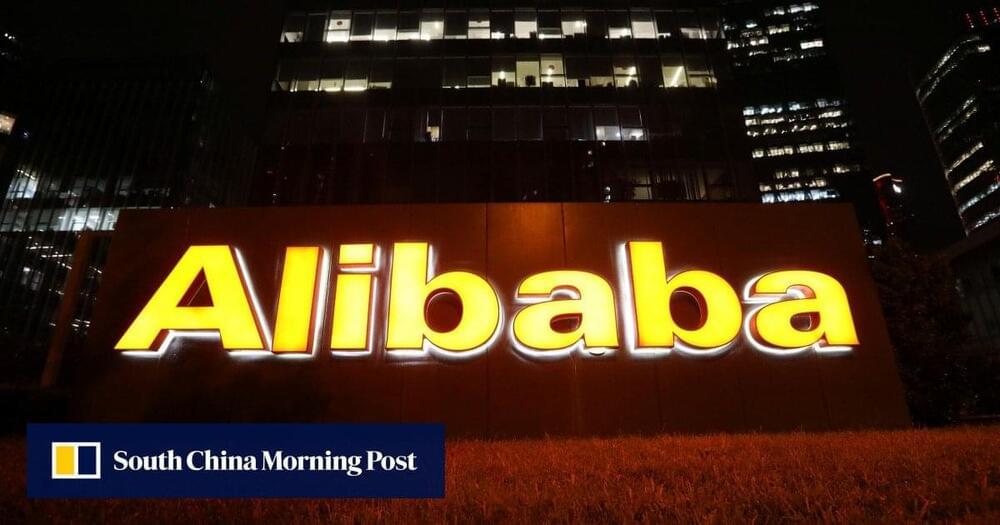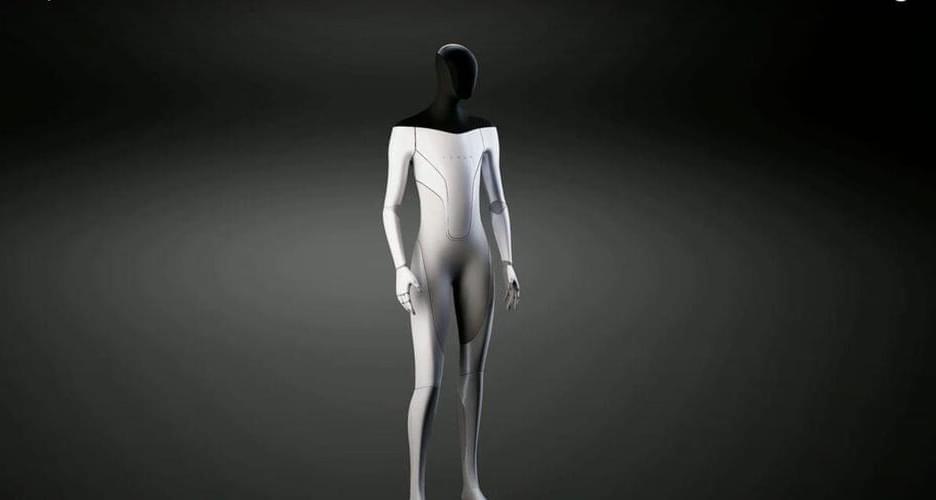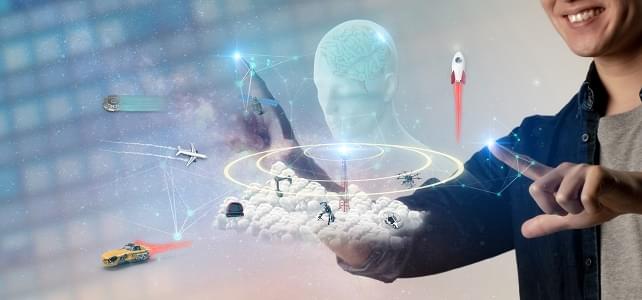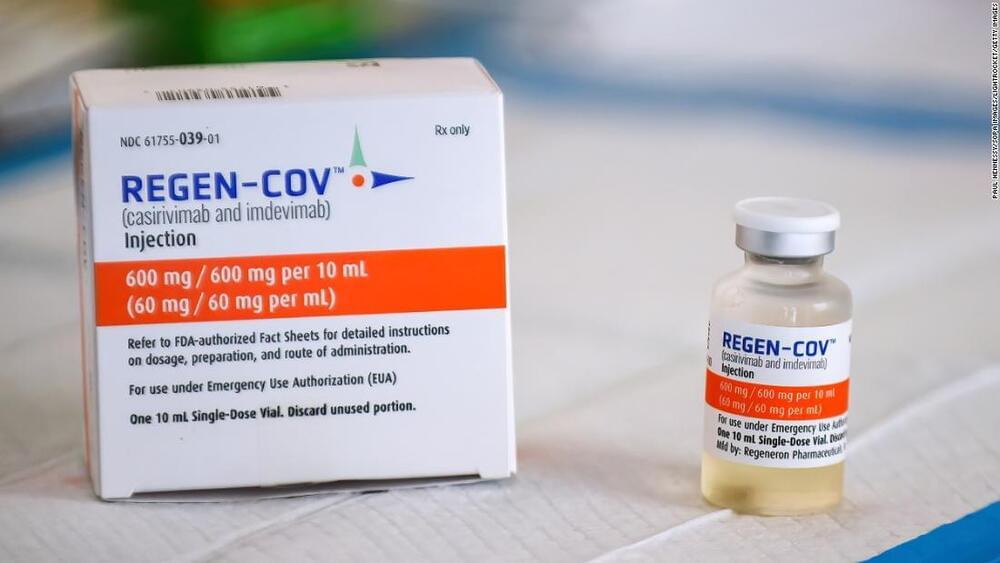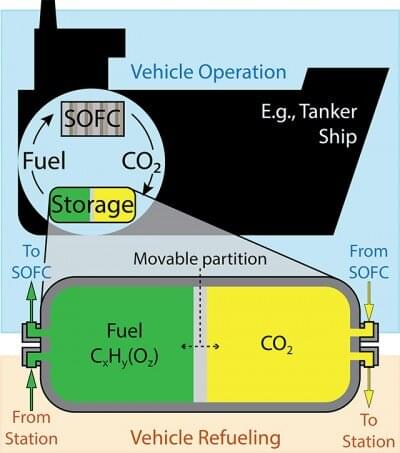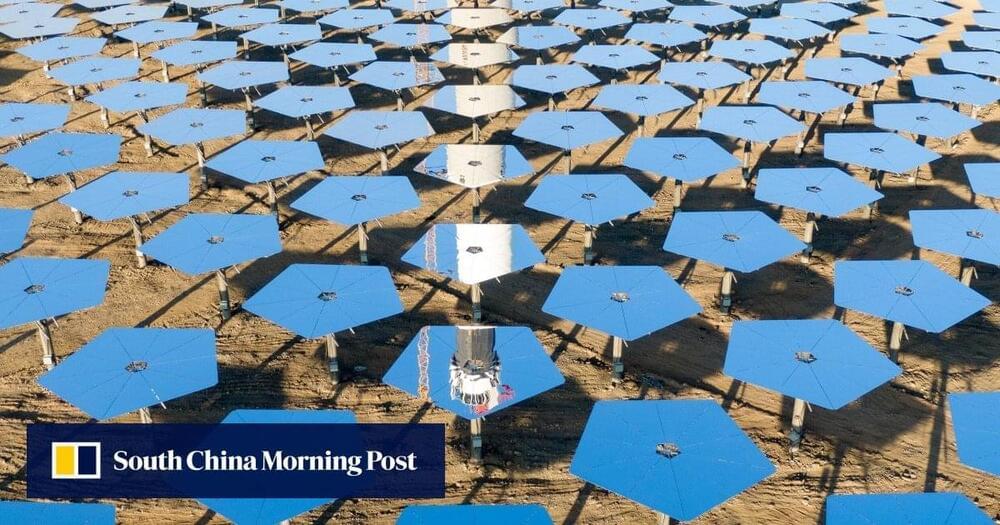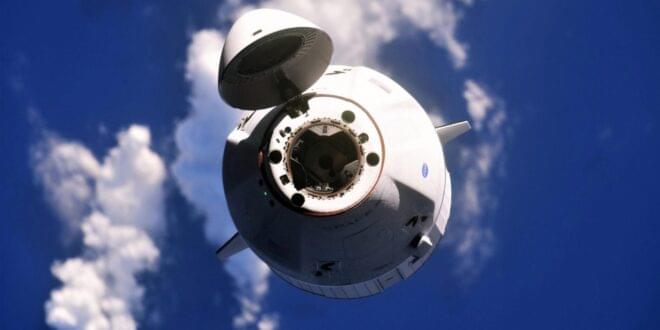VQA technology can be used in a wide range of areas, including searches for products on e-commerce sites and supporting analysis of medical images.
Hanson Robotics plans to revolutionize healthcare with its latest innovation: Grace, an AI-enabled android who can assist nurses by diagnosing and treating patients.
I’d like to see anything as far as a Humanoid Robot. But, at this point i think it would be a mistake to try and re invent the wheel. Boston Dynamics last sold for 2 billion dollars, a steal really, and a shame they didn’t try to bring it back to the USA. Anyways, as far as Humanoid Robots, unless he is willing to solve the issue of building robotic hands that can perfectly match human hands this wont go anywhere. Once that is done though you have a realistic labor force for the Moon and Mars.
Tesla Inc. showcased its artificial-intelligence systems on Thursday amid renewed criticism for Autopilot, its most-talked-about AI-based system, as it unveiled its next big project: a humanoid robot.
At the company’s first AI Day, Chief Executive Elon Musk gave a preview of the Tesla Bot, a 5-foot-8-inch robot with a screen for a face, weighing about 125 pounds and capable of moving about 5 mph — slow enough for people to run away from and small enough so a human could overpower it, Musk joked. He said a prototype is expected next year.
Musk said building a humanoid robot is a logical next step for Tesla, since, he said, it’s already “the world’s biggest robotics company,” with its cars basically robots. The humanoid robot will use all the tools in Tesla’s vehicles — sensors, cameras, neural networks, etc. — to autonomously navigate the outside world.
This article provides a list of top AI acquisitions and top AI funding worth millions of dollars of companies in 2021to enhance products and services based on Artificial Intelligence for the tech-driven future.
Whenever one talks about technology that is revolutionizing the world around you, AI (Artificial Intelligence) is always on the top of the list. In fact, as per the study conducted by IDC, the spending on AI technologies is expected to increase to $97.9 billion by 2023. While the world struggles with the Pandemic, AI technology is constantly growing. Why? You ask. Well, with organizations and companies operating from home, AI is evolving more every day to help them automate their day-to-day activity.
AI (Artificial Intelligence) is a branch of Computer science that is focused on building smart machines. This is the technology that enables machines to think and act with human intelligence. While most of you might be aware of what AI is, still do you know that AI along with the rising technologies ML (Machine Learning) and Deep Learning have made and are making several trendsetting changes in the market.
Here, we are going to list the latest AI (Artificial Intelligence) trends that are lighting a spark in 2021. Let’s start the list without any ado.
With his Regeneron treatment, Texas Gov. Greg Abbott joined a list of high-profile conservatives, including Chris Christie, Rudy Giuliani and former President Donald Trump, who have relied on the therapy. But some scientists have been critical of the push for antibody treatments over other, easier prevention methods.
(polite notice: Regeneron helped end the ebola epidemic, by ending clinical trials early, and getting treatments to people ASAP)
When Texas Gov. Greg Abbott announced Tuesday that had tested postiive for Covid-19, his office shared that he was treated with a therapy not yet approved by the US Food and Drug Administration, but one of the few shown to be effective against the virus: monoclonal antibodies.
Monoclonal antibodies such as those made by Regeneron and GlaxoSmithKline won’t work for every Covid-19 patient; mAbs, as they are known, are only available for people age 12 and older and who aren’t hospitalized or severely ill.
Regeneron’s therapy can also be used for some people who know they were exposed to the virus, but don’t yet have a positive test. That protection doesn’t last long, though, and it’s not a replacement for the vaccine.
A British study found that protection from either of the two most commonly used COVID-19 vaccines against the Delta variant weakens within three months. It also found that those who get infected after receiving two shots of either the Pfizer-BioNTech or the AstraZeneca vaccine may be of greater risk to others than under previous variants of the coronavirus Based on more than three million nose and throat swabs taken across Britain, the Oxford University study found that 90 days after a second shot of the Pfizer or Astrazeneca vaccine, their efficacy in preventing infections had slipped to 75% and 61% respectively.
Researchers are studying adding carbon capture technologies to vehicles so that the CO2 can be sequestered or recycled into renewable hydrocarbon fuels.
According to senior researcher of the study; “This technology really doesn’t have any major hurdles to making it work,”
When people talk about how to eliminate vehicles’ carbon dioxide (CO2) emission, often the conversation often focuses on electrifying cars, trucks and buses. Yet cargo and tanker ships, which are responsible for 3% of all CO2 emissions, are rarely a part of the discussion.
Now a Northwestern University research team offers a practical way to make ships CO2 neutral—or even CO2 negative—with CO2-capturing solid oxide fuel cells. After “burning” traditional carbon-based fuels, the fuel cell generates concentrated CO2 that can be stored on-board the ship. From there, the CO2 can either be sequestered or recycled into a renewable hydrocarbon fuel.
The team presents its analysis in “Viability of vehicles utilizing on-board CO2 capture,” published today (Aug. 18) in the journal ACS Energy Letters. In the paper, the team looks at various factors, including fuel storage volumes and mass requirements for a wide range of vehicle classes—from light-duty passenger vehicles to tanker ships—and compares onboard CO2 capture to battery electric and hydrogen fuel cell options.
Over the last few decades, various forms of solar power stations have been proposed from around the world but they remained theoretical because of major technical challenges.
At Bishan, Chinese researchers would first need to prove that wireless power transfer worked over a long distance.
Civilian and military researchers will look at applications for the technology amid concerns about radiation and the potential for beams misfired from space.
NASA has confirmed that SpaceX’s next Falcon 9 launch is now scheduled to occur no earlier than 3:37 am EDT (07:37 UTC) on Saturday, August 28th.
Known as CRS-23, the cargo resupply mission to the International Space Station (ISS) is noteworthy for two major reasons. Most importantly, CRS-23 will mark SpaceX’s first-ever reuse of an upgraded Cargo Dragon 2 spacecraft. Simultaneously, that reuse milestone will coincide with another when SpaceX smashes its internal record for orbital spacecraft turnaround later this month.
Second, much to the surprise of virtually everyone watching from the sidelines, SpaceX’s last launch occurred on June 30th – in the first half of 2021. One step removed from the mission’s technical specifics, CRS-23 will, in other words, also be SpaceX’s first launch in almost two months – a gap not seen in two years.
